Source: CARE Organization
Hodeidah, Yemen – After years of relentless conflict in Yemen, the people of Al-Qanawis in Al-Hodaidah Governorate are finally seeing glimmers of hope through improved access to water and sanitation, thanks to a humanitarian initiative funded by the Yemen Humanitarian Fund (YHF) and executed by CARE.
The project has directly addressed the dire conditions described by local resident Shawki, who lives with a disability. His village, like many in Yemen, has faced severe water scarcity, compelling residents to use donkeys to fetch water from afar. This struggle was compounded for Shawki, whose mobility issues made accessing even the local, inadequate water facilities a challenge.
In response, CARE has constructed a new water tank in Ketf Al-Barqi with a network now serving 775 households, alongside installing disability-friendly latrines for 530 homes across three sub-districts. For Shawki, this meant not only having water access but also a latrine tailored for his needs, offering him privacy, dignity, and an improvement in living conditions.
“Any house without a latrine can’t be called a home,” Shawki shared, underlining the personal impact of having facilities that cater to his disability. The new sanitation facilities are crucial in preventing diseases like cholera and diarrhea, which have plagued communities lacking proper sanitation.
This intervention has relieved Shawki and his family from the daily toil of water collection, significantly reducing health risks and enhancing their quality of life. “I’ve been bearing this disability for a while, and I had been suffering right until they provided us with a latrine and water source,” he expressed, highlighting a renewed sense of hope.
The efforts in Al-Qanawis illustrate a significant step toward recovery for Yemen, focusing on the most vulnerable and emphasizing the importance of accessible water, sanitation, and hygiene (WASH) facilities for people with disabilities. This project not only aims to meet immediate needs but also to restore dignity and foster resilience among those hardest hit by the ongoing crisis.

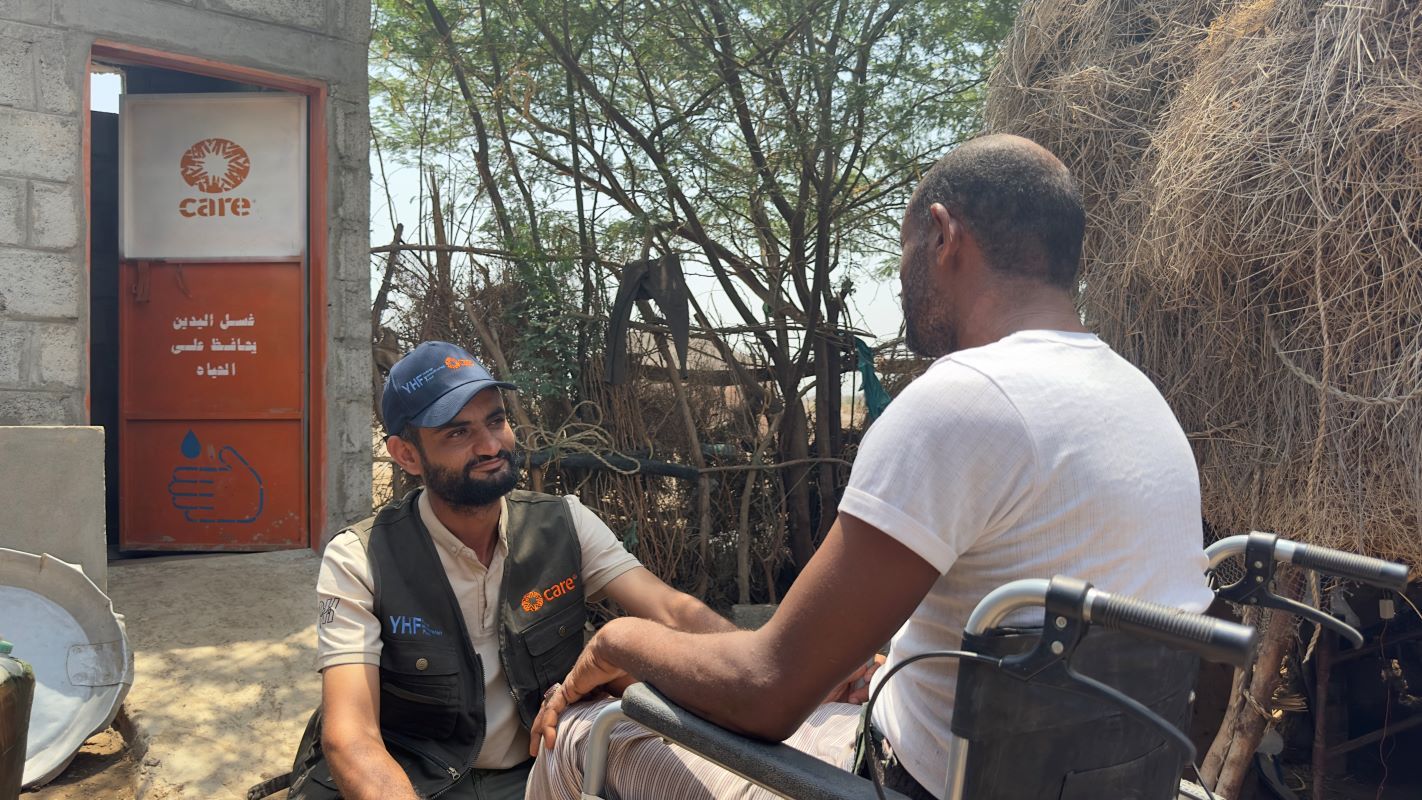
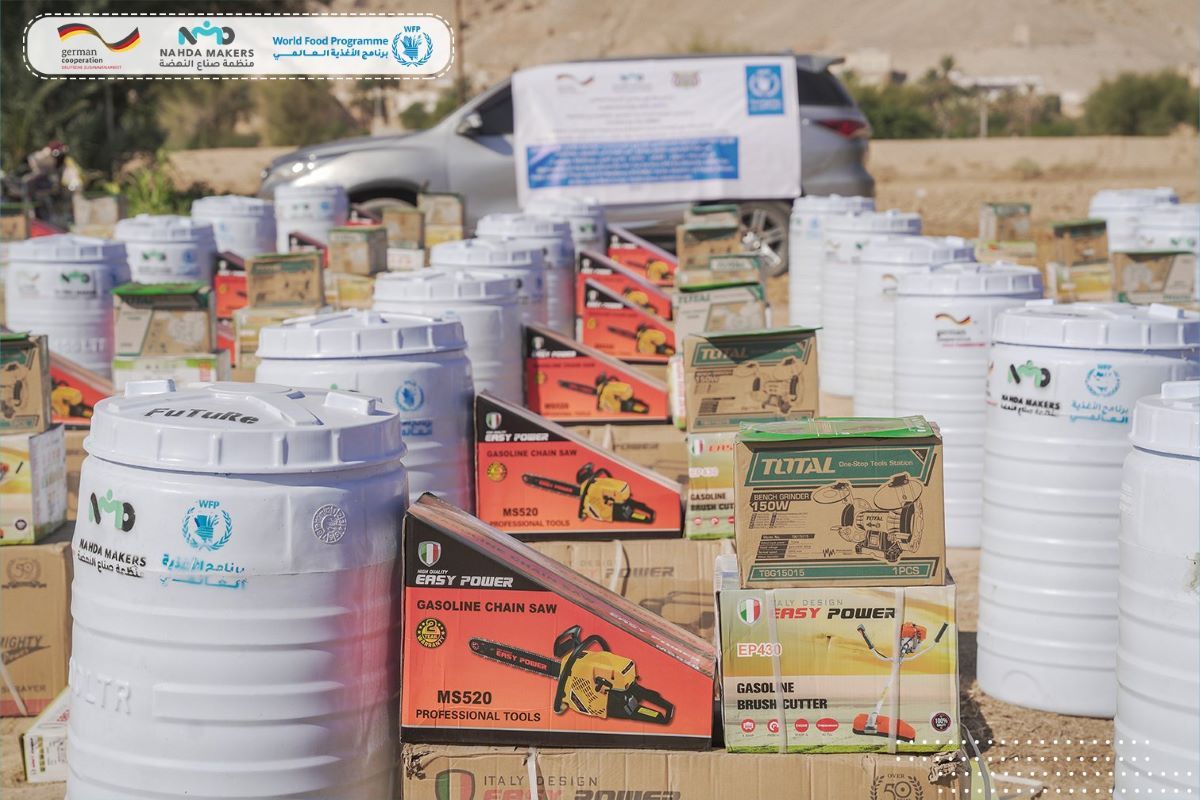
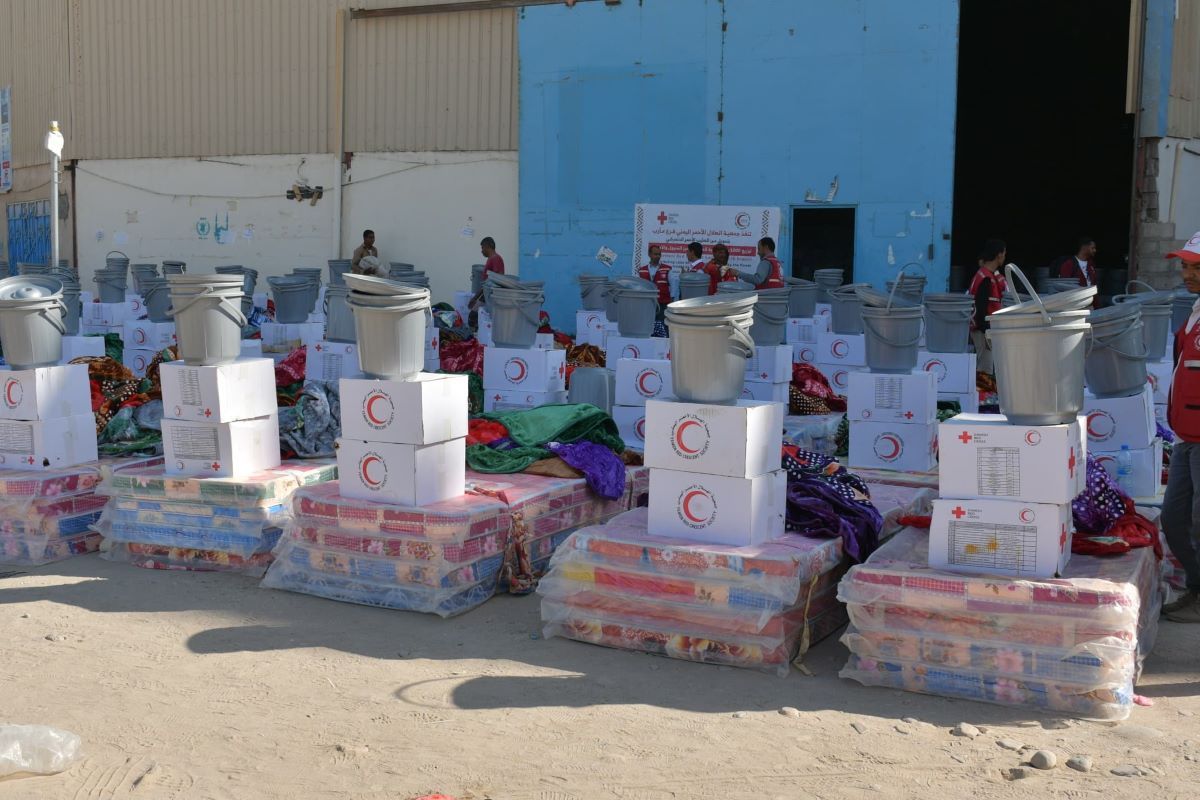
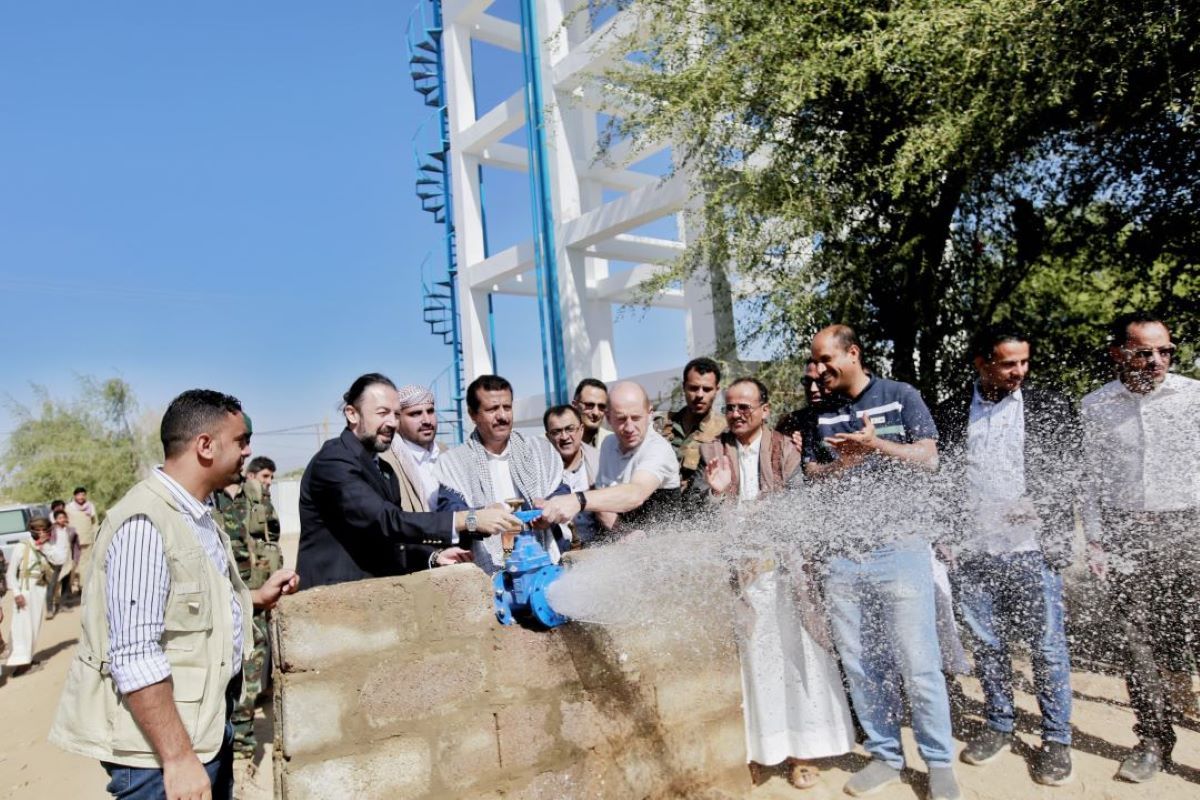

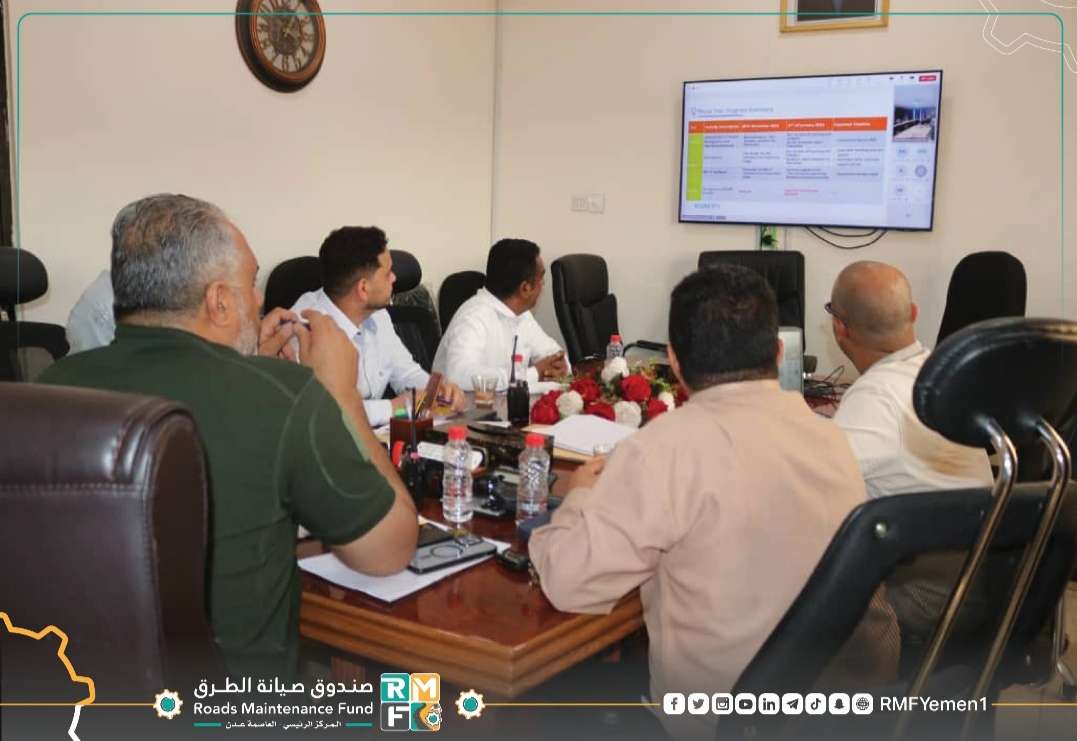


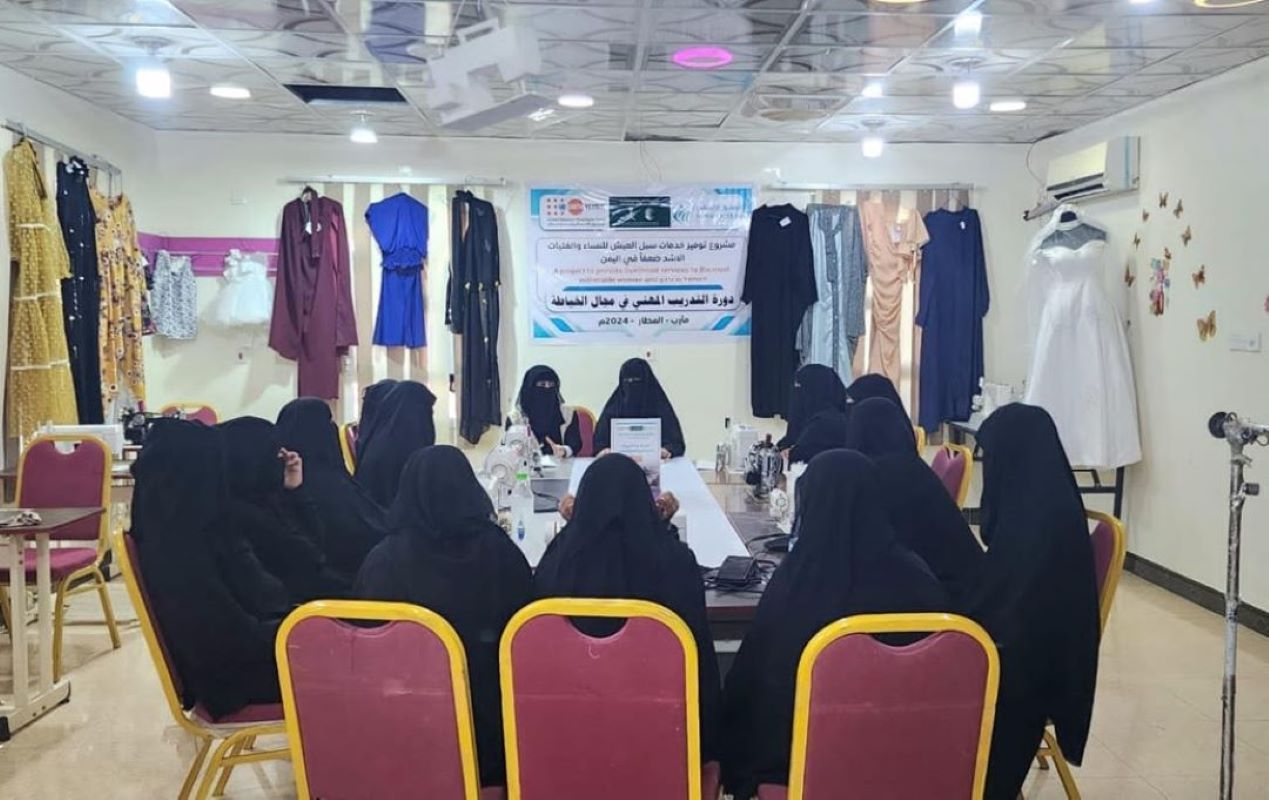
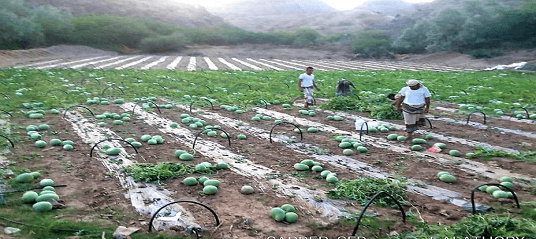
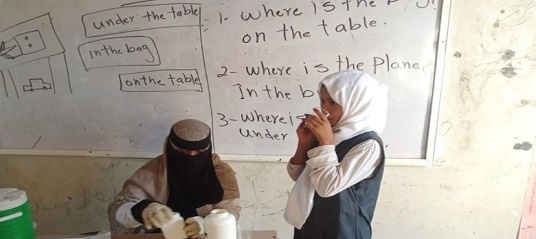
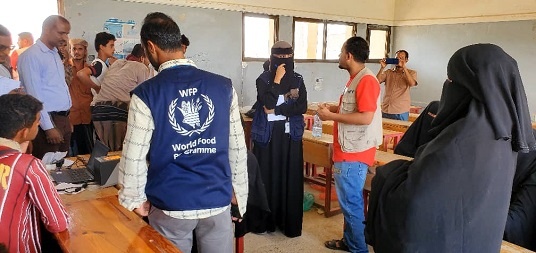
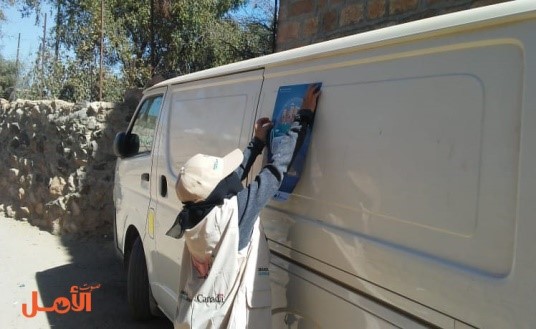
LEAVE A COMMENT